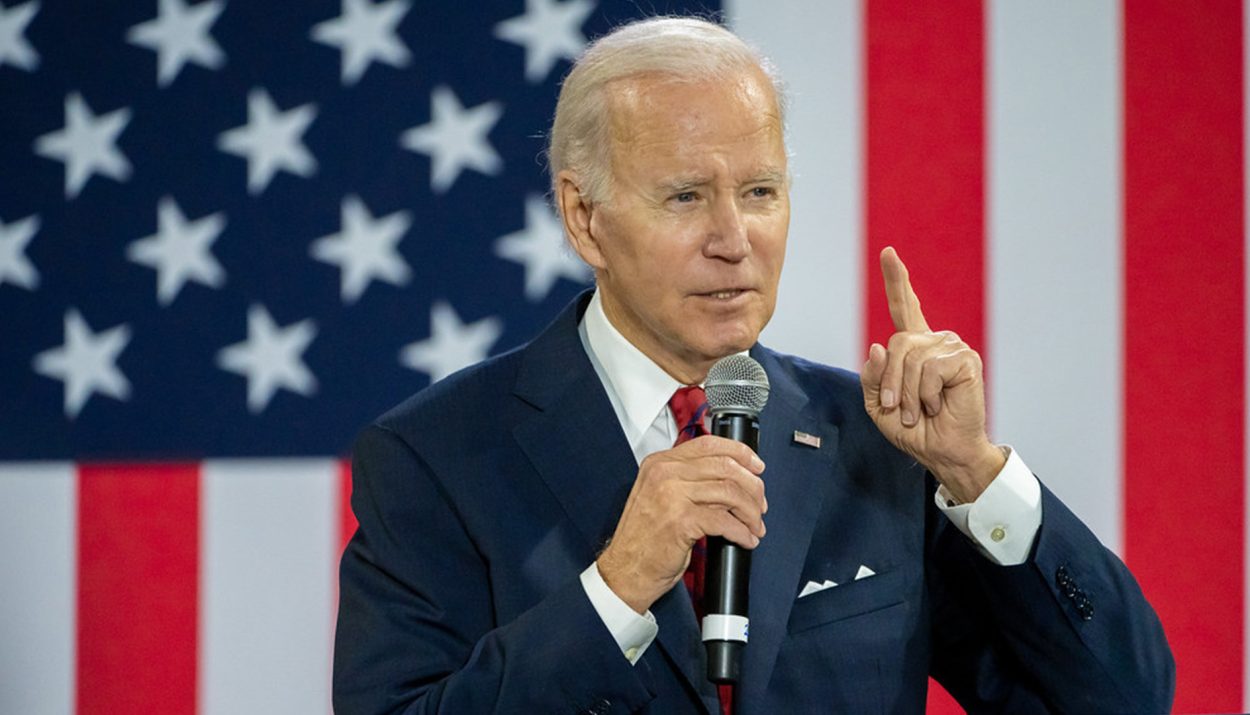The Republican-led impeachment inquiry against President Joe Biden has hit a series of roadblocks, casting doubt on its viability and credibility. With a key informant indicted and a lack of compelling evidence, the effort to impeach Biden is facing increasing skepticism from both sides of the aisle. As the inquiry falters, questions arise about its future and the implications for American politics.
Indictment of Key Informant Deals Blow to Impeachment Effort
The impeachment inquiry suffered a significant setback with the indictment of Alexander Smirnov, a crucial informant whose claims of bribery were central to the allegations against President Biden. Smirnov’s admission to spreading misinformation provided by individuals associated with Russian intelligence has severely undermined the credibility of the impeachment probe, raising doubts about the substantive basis of the allegations.
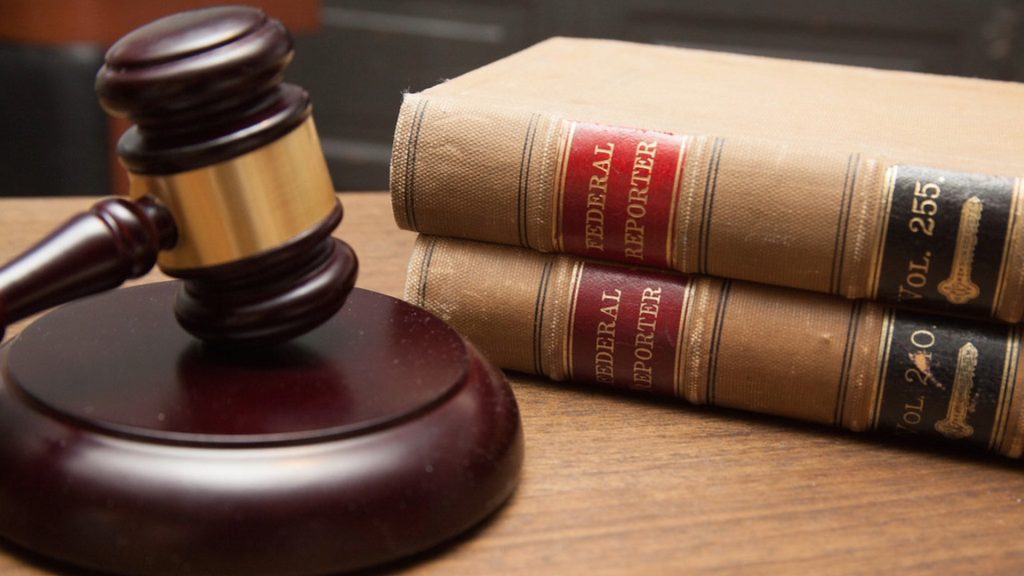
The revelation of Smirnov’s alleged lies has not only discredited his account but has also prompted alarming questions about the integrity and motivations behind the impeachment effort. As the foundation of the inquiry crumbles, House Republicans find themselves grappling with the fallout and the challenges of proceeding without a credible informant.
Lack of Compelling Evidence Erodes Impeachment’s Footing
The absence of compelling evidence to support the allegations against President Biden has further eroded the impeachment inquiry’s political and substantive standing. Despite the efforts of House Republicans to downplay the significance of Smirnov’s indictment, the reliance on unsubstantiated claims has raised doubts about the legitimacy and viability of the impeachment probe.

As the inquiry struggles to gain traction, public interest and engagement remain limited, as evidenced by polling data showing low levels of scrutiny. The challenge of capturing the attention and support of the American people has become increasingly apparent, underscoring the uphill battle faced by those pushing for impeachment.
Ethical Implications and Evidentiary Thresholds Under Scrutiny
The unraveling of the impeachment inquiry has brought to the forefront profound legal and ethical implications, highlighting the importance of substantiating allegations and upholding the integrity of investigative processes. The indictment of an informant and the lack of compelling grounds for impeachment have sparked discussions about the ethical standards and evidentiary thresholds that should guide congressional investigations into public officials.
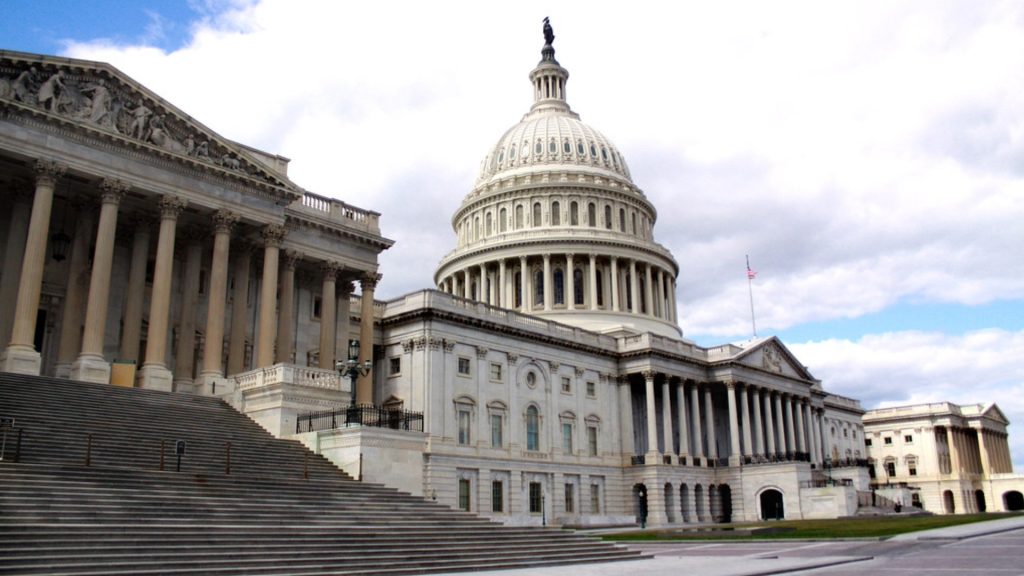
Moreover, the erosion of the impeachment probe’s credibility has raised concerns about partisan motivations and the potential impact on the broader democratic process. As the inquiry falters, questions emerge about the responsibility of elected officials to prioritize the pursuit of truth and the preservation of public trust.
Political Calculations and Future Trajectory of the Impeachment Effort
The impeachment inquiry’s faltering momentum has ignited discussions about the political calculations and future trajectory of the Republican-led effort. With a lack of substantive grounds for impeachment and the political realities of the House majority, the feasibility and desirability of pursuing impeachment proceedings have come under scrutiny.
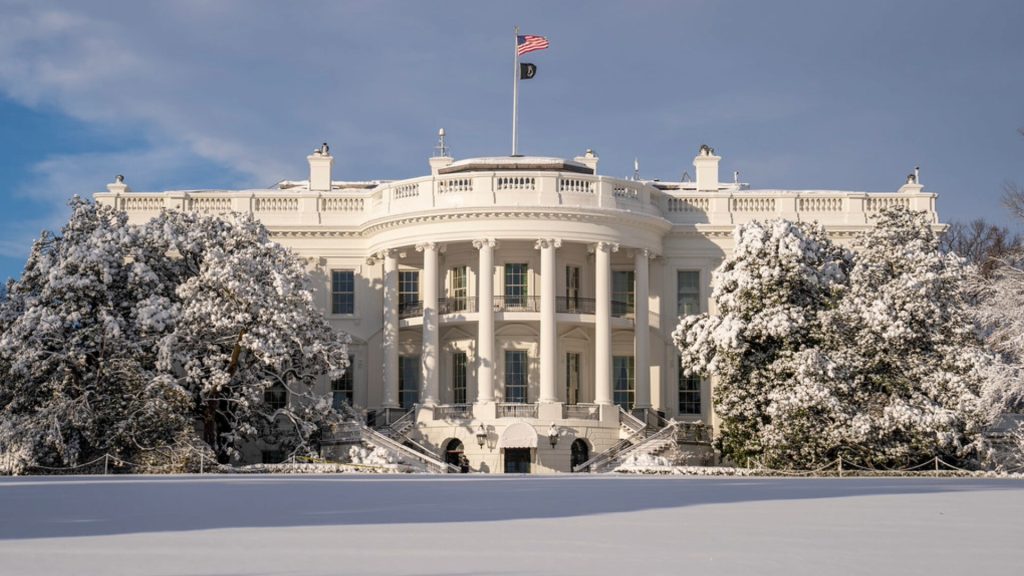
The shifting dynamics, including indications of hesitation among House Republicans and the diminishing prospects of a successful impeachment vote, have highlighted the pragmatic and political considerations shaping the future of the inquiry. As the effort loses steam, questions arise about the potential consequences for the Republican Party and the broader political landscape.
Rep. Jim Jordan Pressed on Impeachment’s Viability
Rep. Jim Jordan, a prominent Republican figure, faced tough questions on Newsmax about the lack of support and momentum for the impeachment inquiry against President Biden. When asked if impeachment would move forward without Democratic votes, Jordan acknowledged the challenges posed by their small majority, conceding that it would be “real tough” to proceed without bipartisan backing.

Jordan emphasized that Republicans would continue their investigative efforts indefinitely, citing their constitutional oversight role. However, his response highlighted the growing skepticism surrounding the impeachment inquiry, even among conservative media figures and some members of his party.
‘You’re Chasing Your Tail’: Newsmax Host Questions Impeachment’s Progress
Newsmax host Rob Finnerty directly confronted Rep. Jim Jordan about the impeachment inquiry’s lack of progress, asking, “Is impeachment the next step? Are you going to hold a vote on the House floor?” Finnerty pointed out the difficulty of proceeding without Democratic support, suggesting that the effort seemed to be “chasing your tail” given the unlikely prospect of success.
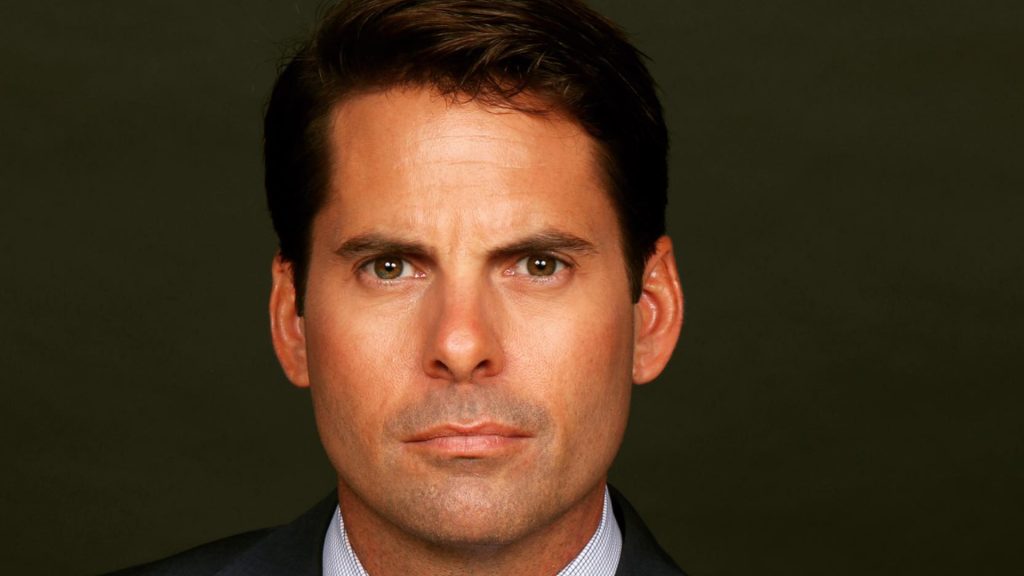
Jordan responded by acknowledging the challenges posed by the Republicans’ small majority, emphasizing their constitutional duty to conduct oversight of the executive branch. However, his assertion that there is no time limit on investigations raised further questions about the strategic direction and endgame of the impeachment inquiry.
Fox News Commentators Question Impeachment’s Focus and Evidence
Even on Fox News, a traditionally supportive platform for Republicans, hosts, and commentators have expressed doubts about the impeachment inquiry’s focus and the lack of compelling evidence. The network’s decision not to air the latest impeachment hearing has further underscored the waning interest and credibility of the effort.
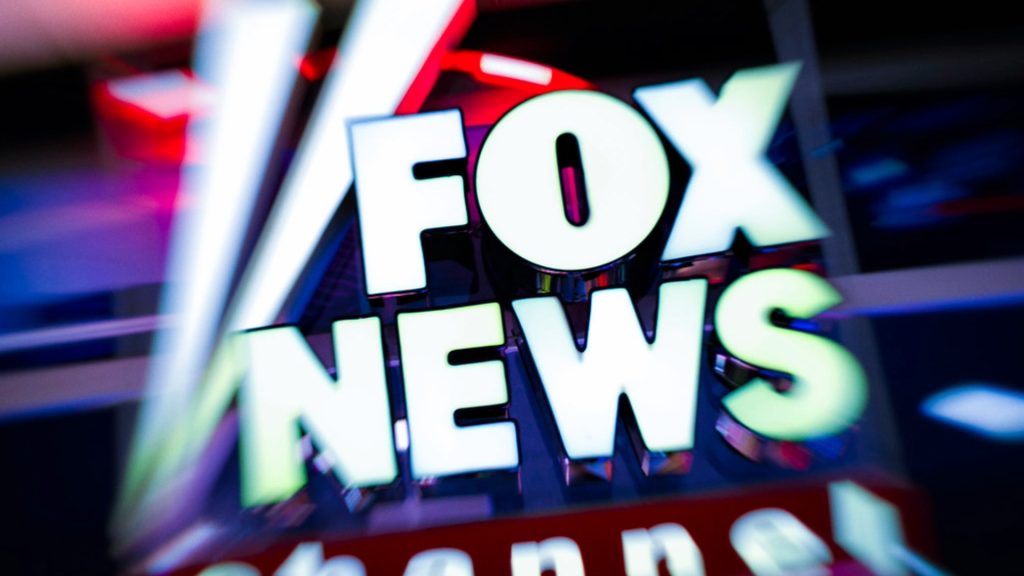
Dana Perino, a Fox News host, questioned whether Republicans should continue pursuing the inquiry or “fish or cut bait,” given the absence of resonating evidence. The recurring nature of the hearings and the lack of new revelations have prompted concerns about the effectiveness and purpose of the impeachment probe.
Democrats Suggest Impeachment Inquiry Appears Dead
Several Democratic lawmakers have expressed their belief that the impeachment inquiry against President Biden appears to be effectively dead, citing the lack of compelling evidence and the waning interest from even conservative media outlets. The decision by Fox News not to air the latest impeachment hearing has been seen as a significant indicator of the inquiry’s diminishing credibility and relevance.
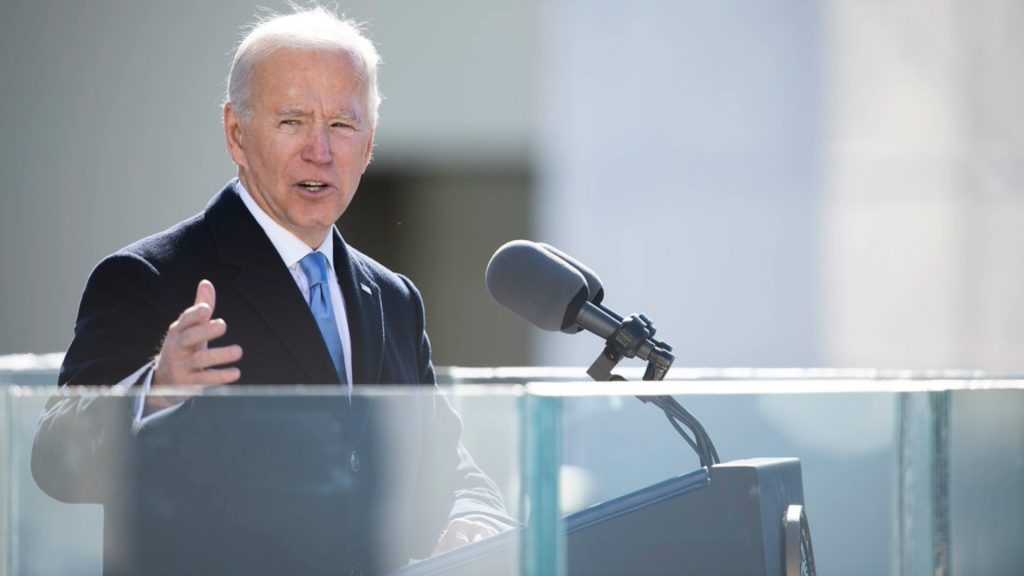
As the impeachment effort loses steam, Democrats have pointed to the absence of substantive grounds and the shifting focus of the Republican-led investigation. The indictment of a key informant and the reliance on unsubstantiated claims have further eroded the inquiry’s standing, leading many to question its future viability.
Impeachment Inquiry Faces Mounting Setbacks and Contradictions
The impeachment inquiry against President Joe Biden has encountered a series of setbacks and contradictions, casting doubt on its viability and substantive basis. The indictment of Alexander Smirnov, a key informant whose claims of bribery were central to the allegations, has severely undermined the credibility of the impeachment probe.
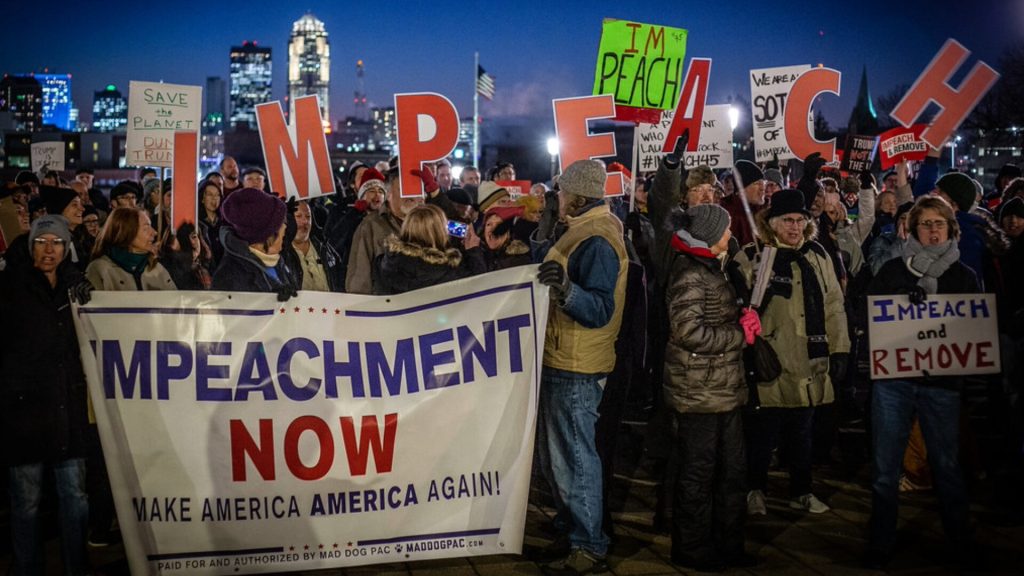
The revelation that Smirnov had allegedly lied and spread misinformation provided by individuals associated with Russian intelligence has not only discredited his account but has also raised alarming questions about the integrity and motivations behind the impeachment effort. As the foundation of the inquiry crumbles, House Republicans find themselves grappling with the fallout and the challenges of proceeding without a credible informant.
Lack of Compelling Evidence Erodes Impeachment’s Footing
The absence of compelling evidence to support the allegations against President Biden has further eroded the impeachment inquiry’s political and substantive standing. Despite the efforts of House Republicans to downplay the significance of Smirnov’s indictment, the reliance on unsubstantiated claims has raised doubts about the legitimacy and viability of the impeachment probe.

As the inquiry struggles to gain traction, public interest and engagement remain limited, as evidenced by polling data showing low levels of scrutiny. The challenge of capturing the attention and support of the American people has become increasingly apparent, underscoring the uphill battle faced by those pushing for impeachment.
Ethical Implications and Evidentiary Thresholds Under Scrutiny
The unraveling of the impeachment inquiry has brought to the forefront profound legal and ethical implications, highlighting the importance of substantiating allegations and upholding the integrity of investigative processes. The indictment of an informant and the lack of compelling grounds for impeachment have sparked discussions about the ethical standards and evidentiary thresholds that should guide congressional investigations into public officials.

Moreover, the erosion of the impeachment probe’s credibility has raised concerns about partisan motivations and the potential impact on the broader democratic process. As the inquiry falters, questions emerge about the responsibility of elected officials to prioritize the pursuit of truth and the preservation of public trust.

